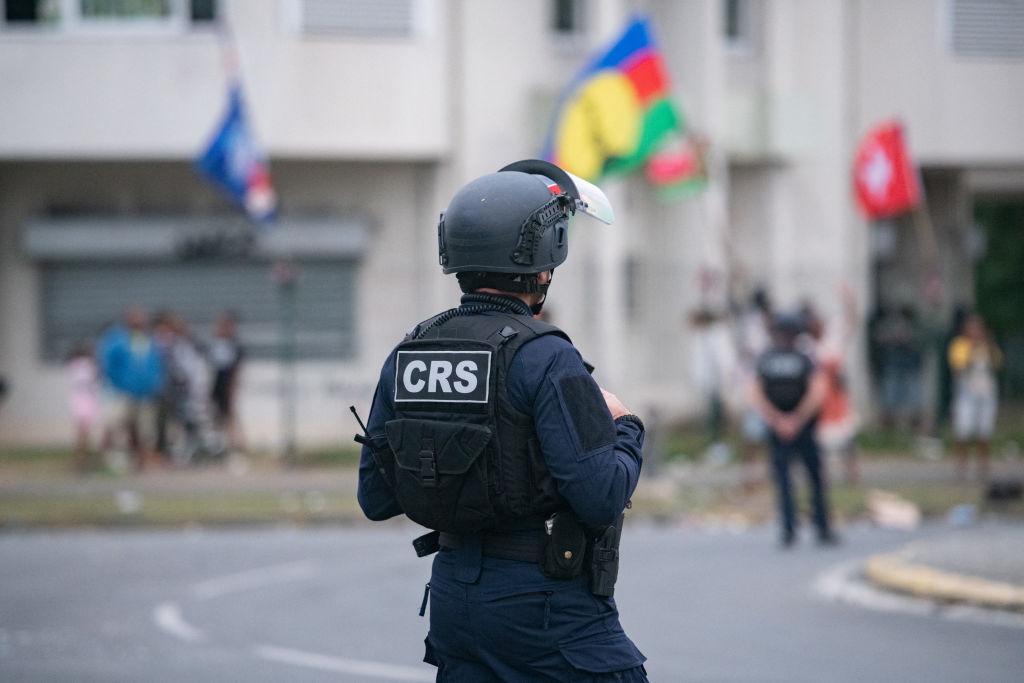The French government and the leaders of the Pacific Islands Forum (PIF) have agreed to send a team of leaders on a fact-finding mission to New Caledonia. This breakthrough came after talks at the Forum in Tonga.
New Caledonia has faced significant unrest this year, prompting France to declare a state of emergency in May. In response, President Emmanuel Macron made an unscheduled personal visit in an attempt to quell unrest.





